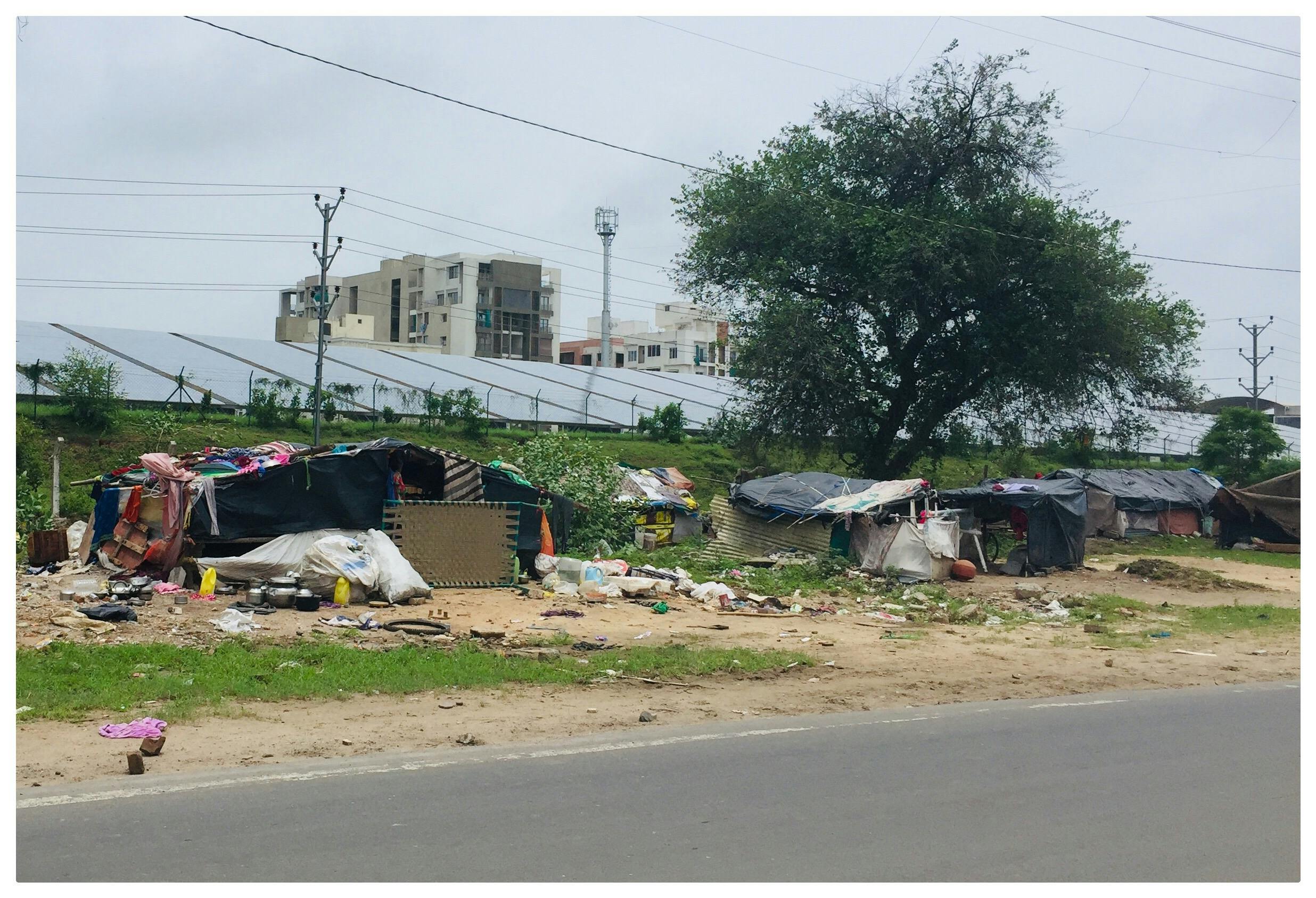Los Angeles is taking significant steps to tackle food insecurity. The LA County Board of Supervisors has decided to start the LA County Office of Food Equity. This move, initiated on November 7 by Supervisor Janice Hahn and co-authored by Supervisor Lindsey Horvath, builds upon the county’s ongoing efforts to address the region’s critical issue of food access.
Shocking numbers show that over 1 million families in Los Angeles County struggle to find enough food yearly. This problem is severe for Black and Latino communities, who are more than twice as likely to face food insecurity compared to other groups. A distinct correlation exists between food insecurity and the geographical distribution of resources. Notably, neighborhoods like the Antelope Valley, East Los Angeles, Southeast Los Angeles County, and South Los Angeles have been identified as having a shortage of adequate grocery stores and food assistance programs.
In response to this pressing need, the Office of Food Equity plans to build on the work started by the Food Equity Roundtable in 2021. This roundtable represented a collective effort, bringing together key stakeholders from the county’s public, private, nonprofit, and philanthropic sectors. They devised a strategic plan to eradicate food insecurity, encompassing a range of objectives, including modernizing the regional food system, fostering a more interconnected food network, and intensifying nutrition education initiatives.
The newly formed Office of Food Equity has a big job: implementing a major plan in the county. It includes many different tasks, like changing rules to help city farming, supporting local food businesses, cutting down on food waste, and making it easier to get help with nutrition. A critical aspect of the office’s mandate is collaborating with philanthropic organizations and local nonprofits that operate outside the purview of county government, thereby aligning efforts in the shared mission to eliminate hunger.

The county’s chief executive officer has been tasked with a pivotal role. Within 90 days, it is expected to present a comprehensive report to the board detailing the new office’s structure, staffing plan, and budget, incorporating both public and private funding sources. Everyone looks forward to this report, as it will shape how the office will work and make a difference.
This move by Los Angeles County shows how committed the community is to dealing with food insecurity, which has been an issue in many areas. By starting the Office of Food Equity, Los Angeles is not just recognizing the problem but is actively working on real solutions. This office could lead the way for other places facing similar issues.
With the Office of Food Equity, Los Angeles County is on its way to ensuring everyone has access to good food. The office is a team effort, with different parts of the community working together, and there’s a lot of hope for what this office can do to fight hunger in this large area.
As the Office of Food Equity starts its crucial work, many are watching Los Angeles. They’re eager to see how this significant step will change how people get food. What Los Angeles County is doing with the Office of Food Equity is not just a local thing but an essential step in fighting food insecurity nationwide.

































































































































































































































































































































